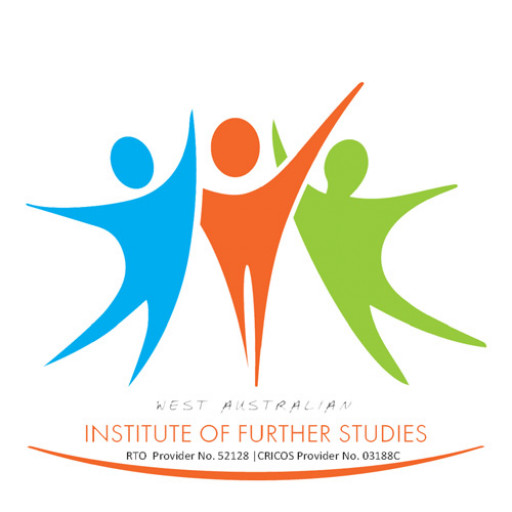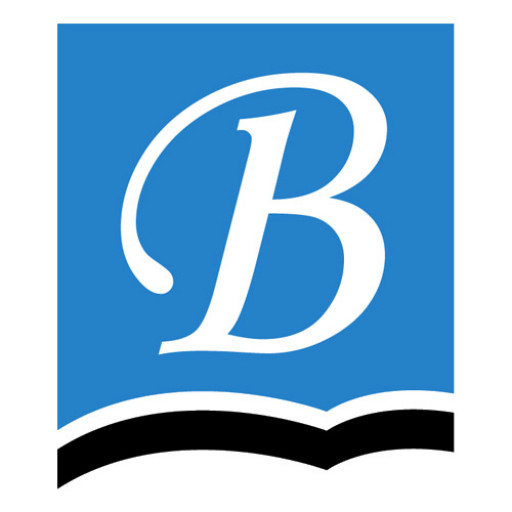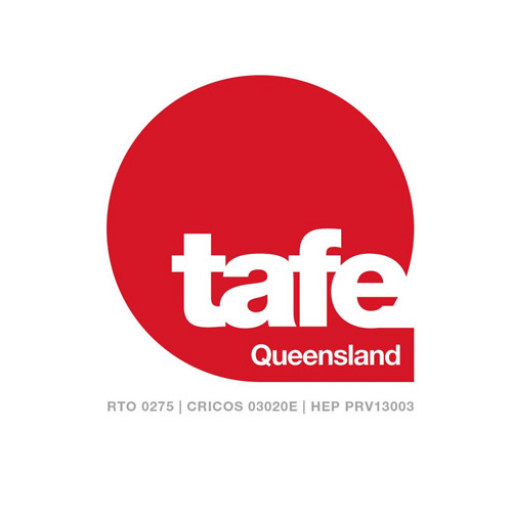Photos of university / #lifeatkings
Advanced Minimum Intervention Dentistry at King's College London offers a comprehensive postgraduate programme designed to equip dental professionals with the latest techniques and evidence-based practices in conservative and minimally invasive dental care. This programme focuses on the principles of minimally invasive dentistry, emphasizing the preservation of tooth structure, patient-centered approaches, and the integration of emerging technologies to enhance clinical outcomes. Throughout the course, participants will explore topics such as adhesive dentistry, caries management, operative techniques, and advanced restorative procedures, all tailored to promote long-term oral health and function. The curriculum combines theoretical knowledge with hands-on clinical training, enabling students to develop practical skills applicable to everyday practice. Taught by leading experts in the field, the programme encourages critical thinking, innovation, and lifelong learning. It is suitable for dental practitioners seeking to update their skills or specialize in minimally invasive techniques, as well as for those interested in academic or research careers in this field. The programme also includes modules on patient communication, treatment planning, and the latest innovations in dental materials and technologies, preparing graduates to deliver high-quality, sustainable dental care. With access to state-of-the-art facilities and a supportive learning environment, students will have the opportunity to refine their clinical competencies while contributing to the advancement of conservative dentistry. Upon completion, participants will be equipped with the knowledge and skills necessary to implement cutting-edge minimally invasive treatments, improve patient outcomes, and promote the principles of modern, sustainable dental practice.
The Advanced Minimum Intervention Dentistry program at King’s College London is designed to equip dental professionals with the latest knowledge and skills necessary for implementing minimally invasive techniques in their clinical practice. This postgraduate course emphasizes a patient-centered approach, focusing on preserving as much natural tooth structure as possible while achieving optimal oral health outcomes. Throughout the program, participants will explore comprehensive topics such as diagnosis and treatment planning, caries management through minimally invasive strategies, minimally invasive restorations, adhesive dentistry, and the management of complex clinical cases. The curriculum combines theoretical understanding with practical applications, utilizing case-based discussions, video demonstrations, and hands-on workshops to deepen clinical expertise. Participants will also learn about the integration of digital technologies and innovative materials that support conservative dentistry. The program aims to foster critical thinking, evidence-based practice, and a commitment to lifelong learning among dental practitioners. By completing this advanced course, clinicians will be better prepared to adopt a conservative approach that minimizes patient discomfort, reduces treatment time, and enhances long-term dental health. The program is suitable for experienced practitioners seeking to update their skills or incorporate modern minimally invasive techniques into their practice. Delivered by leading experts in the field, the Advanced Minimum Intervention Dentistry program at King’s College London offers an exceptional opportunity for professional development and clinical excellence in contemporary restorative dentistry.
The Advanced Minimum Intervention Dentistry programme at King's College London is designed to equip dental professionals with in-depth knowledge and practical skills in minimally invasive restorative and operative dentistry. To be eligible for this postgraduate course, applicants are typically required to hold a dental degree that is recognized by the General Dental Council (GDC) or equivalent regulatory body. Candidates are expected to possess a strong clinical background with relevant experience in general dental practice or primary care dentistry. A valid registration with the GDC or the appropriate licensing authority is mandatory, ensuring that participants are qualified practitioners actively engaged in clinical work. Prior clinical experience in restorative procedures, conservative dentistry, and patient management is strongly recommended to facilitate comprehension and application of advanced techniques taught during the programme. The selection process may include an interview, assessment of previous academic and professional achievements, and a review of personal statement demonstrating motivation and commitment to minimal intervention strategies. There are no specific prerequisites regarding a minimum number of years of clinical practice, but applicants should have demonstrable proficiency in routine dental procedures and a keen interest in advancing their expertise in conservative dental treatments. The programme may also prioritize applicants who have participated in relevant continuous professional development (CPD) activities related to minimally invasive dentistry. English language proficiency requirements are applicable for international students, typically IELTS score of 6.5 or equivalent, with no component below 6.0. Additionally, candidates are expected to possess excellent manual dexterity, attention to detail, and a commitment to evidence-based practice. Successful applicants will benefit from extensive theoretical instruction complemented by hands-on clinical training, all delivered by leading experts in the field. The programme aims to foster a comprehensive understanding of contemporary minimally invasive techniques, patient-centered care, and the latest research developments, enabling graduates to implement advanced minimally invasive strategies in their clinical practice confidently.
The Advanced Minimum Intervention Dentistry program at King’s College London offers a range of financing options to support students throughout their studies. prospective students are encouraged to explore various funding sources, including government loans, bursaries, scholarships, and institutional bursaries. The university provides detailed guidance on applying for student loans through the Student Loans Company, which can cover tuition fees and living expenses for eligible students. Additionally, King’s College London offers a variety of scholarships and bursaries based on merit, need, or specific criteria such as clinical excellence or research potential. Applicants are advised to check the deadlines and eligibility requirements for these awards, as competitive fields like dentistry often have limited funding opportunities. The program may also be eligible for external funding from health and dental organizations, professional bodies, and charitable foundations that support postgraduate healthcare education. Students are recommended to consult the university’s financial support office for personalized advice and assistance in securing funding. Payment plans and installment options are typically available to help distribute costs over the duration of the course, reducing financial burden. International students should consider additional sources of funding specific to their home countries, and the university’s international student support services can provide guidance. Certain part-time work opportunities on or near campus may also assist students in managing their finances during their studies. Overall, the combined availability of institutional, governmental, and external funding options aims to make the Advanced Minimum Intervention Dentistry program accessible to a diverse range of students committed to advancing their expertise in minimally invasive dental care.
The Advanced Minimum Intervention Dentistry program at King's College London is a postgraduate qualification designed for dental professionals seeking to enhance their expertise in minimally invasive dental treatment. This program emphasizes the importance of preserving natural tooth structure while managing various dental conditions, aligning with contemporary trends towards conservative and patient-centered care. The curriculum covers a comprehensive range of topics, including caries management, minimally invasive restorative techniques, advanced techniques in periodontology, endodontics, and aesthetic dentistry. Students are provided with both theoretical knowledge and practical skills through a combination of lectures, seminars, workshops, and clinical practice. The program aims to equip practitioners with the latest evidence-based approaches to diagnose, plan, and execute minimally invasive procedures effectively.
Participants will learn about the principles of minimally intervention, including diagnostic strategies that prioritize prevention and early intervention. The course explores innovative materials and technologies that support conservative treatment options, such as adhesive dentistry and digital dentistry tools. Emphasis is also placed on patient communication, behavior management, and ethical considerations essential for delivering minimally invasive care. The program is suitable for experienced practitioners seeking to update their skills or clinicians wishing to specialize further in minimally invasive techniques.
The teaching faculty comprises leading experts in dentistry, providing students with insights from research, clinical practice, and industry developments. The program typically spans several months to a year, depending on the chosen study mode, and nurtures the development of critical thinking and problem-solving skills within a restorative practice context. Upon completion, graduates are expected to demonstrate enhanced clinical competence, a deeper understanding of minimally invasive concepts, and the ability to implement advanced techniques into their clinical workflow. This qualification not only broadens professional horizons but also aligns with the growing demand for sustainable, conservative dental care in modern dentistry.








